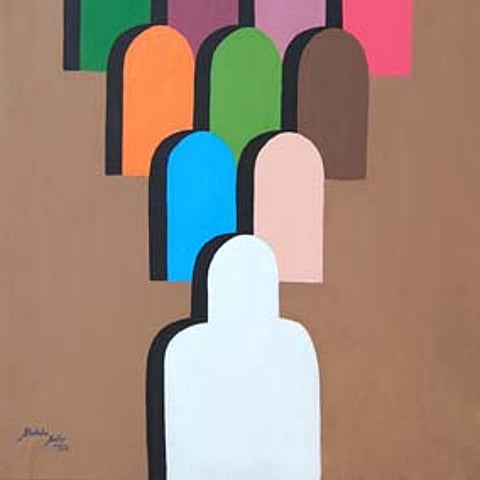The price of honour
On a hot June afternoon in a small village near Sialkot, Punjab, 17-year-old Muafia Bibi and her husband Sajjad were dragged from their home, tied up and viciously slaughtered in broad daylight by Muafia Bibi's relatives. Villagers gathered and looked on as the couple were hacked to death. Barely married for a week, the crime warranting such a harsh punishment was that they had chosen to elope against the wishes of Muafia Bibi's parents, thus bringing 'dishonour' to the family. The perpetrators, which included Muafia's father and grandfather, were subsequently arrested, but not before they proudly declared their lack of remorse, stating that they had killed their daughter to show other women of the community "what would happen to them if they married someone of their own choice". The brutality of the murders shocked human rights activists, lawyers, politicians and civil society actors across Pakistan, particularly as it came on the heels of another vicious honour killing.
In May 2014, a pregnant woman, Farzana Parveen, was stoned to death outside the Lahore High Court, also for marrying against the wishes of her family. Lawyers and local police stood by and watched as her father and brothers pelted her with bricks, killing her. Five men, including Farzana's father, were later charged with her murder. "I killed my daughter as she had insulted all of our family by marrying a man without our consent, and I have no regret over it," her father told police, adding that it had been an "honour killing".

